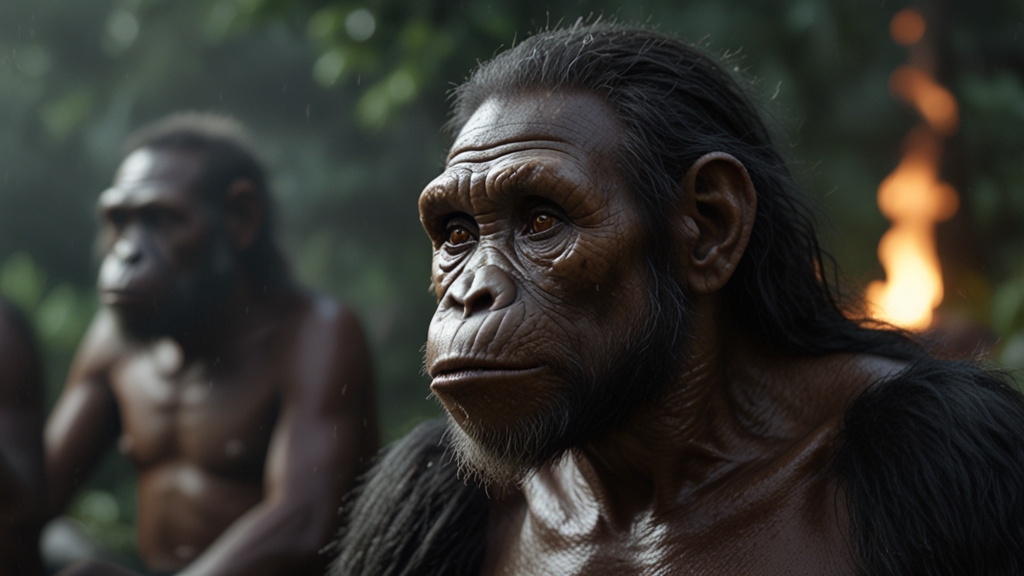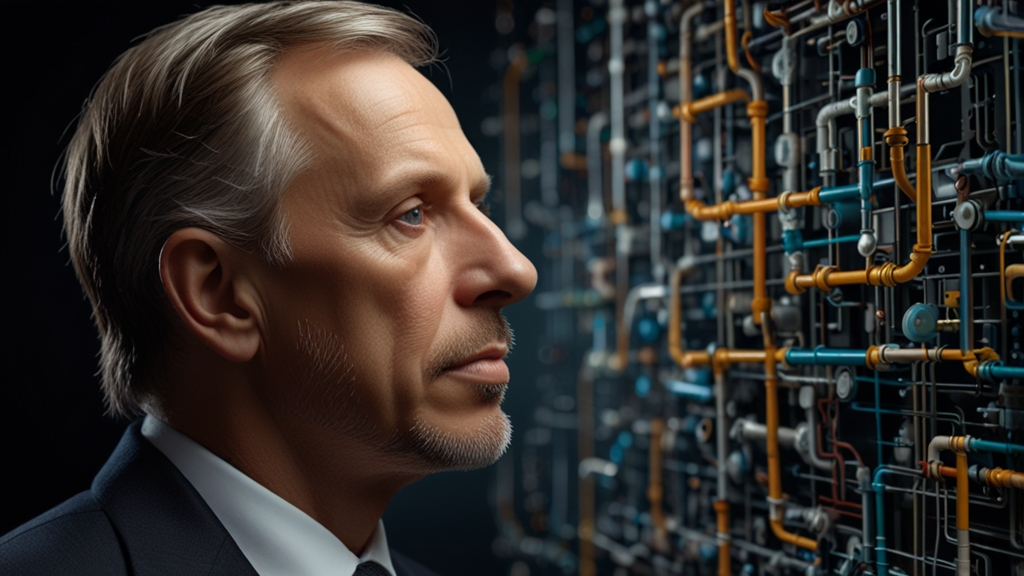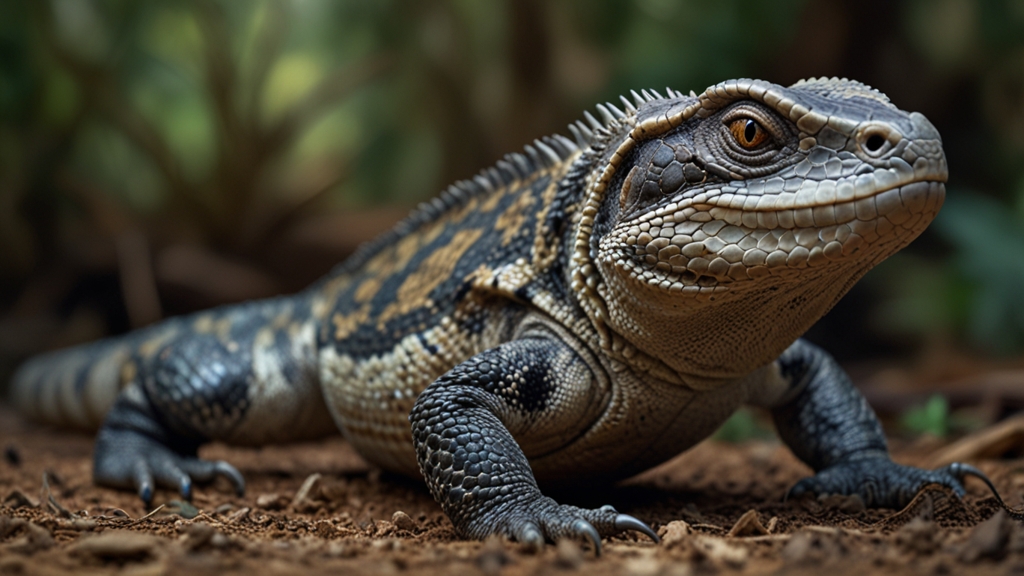Climate Change and Its Impact on Human Evolution
Climate change has been an intrinsic part of Earth's history, shaping ecosystems and species over millennia. Human evolution is no exception, as our ancestors adapted to a series of climate oscillations that ultimately influenced their survival, physical characteristics, and even societal structures. Understanding how climate change affects human evolution can provide valuable insights into how contemporary shifts in climate might impact future generations.
Historical Climate Change and Human Evolution
Over the past few million years, our human ancestors have encountered significant climatic fluctuations, ranging from ice ages to warmer interglacial periods. One pivotal period was the Pleistocene epoch, which saw several ice ages and significant warming phases. These changes pressured early hominins to adapt or face extinction.
For instance, the transition from dense forests to savannas in Africa is thought to have driven the evolution of bipedalism. This new mode of locomotion allowed early humans to traverse vast distances in search of food, water, and safer habitats. Additionally, climate change likely played a role in expanding our ancestors' diet, encouraging the development of tools and hunting strategies as certain food sources became scarce.
"The effect of climate change on the availability of resources prompted early humans to innovate, leading to significant evolutionary milestones like the use of tools and the development of complex social structures." - Dr. Jane Goodall
Contemporary Climate Change
In the modern era, anthropogenic climate change is altering the environment at an unprecedented rate. Unlike the gradual climatic shifts of the past, current changes are rapid and unpredictable. This rapid change poses new challenges for human adaptation on biological, psychological, and societal levels.
Biological Impacts: While human biology has evolved to adapt to a range of environments, the rapid pace of contemporary climate change may outstrip our body's ability to keep up. Issues like heat stress, reduced agricultural yields, and the spread of diseases like malaria and dengue fever, which thrive in warmer climates, threaten human health on a global scale.
Psychological and Societal Impacts: The mental health impact of climate change, often termed "eco-anxiety," is becoming increasingly prevalent. The relentless awareness of our environmental degradation can lead to chronic stress, depression, and anxiety. Societally, climate change exacerbates issues like food and water security, economic disparity, and migration, often leading to conflict and societal destabilization.
"We're now experiencing an unprecedented challenge where human adaptability is tested not only in terms of physical survival but also mental resilience and societal cohesion." - UN Intergovernmental Panel on Climate Change (IPCC) Report
The Future of Human Evolution
The future of human evolution in the context of climate change is a topic of significant debate. While natural selection may continue to play a role, cultural and technological adaptations are expected to dominate our response. Innovations in renewable energy, sustainable agriculture, and medical advancements could help mitigate some of the adverse impacts of climate change.
Artificial Intelligence (AI) and biotechnology may also offer solutions. For example, advances in genetic engineering may enable us to tackle climate-related diseases more effectively or even enhance human resilience to environmental stressors. However, these advancements also raise ethical considerations regarding the extent of human intervention in natural evolutionary processes.
Conclusion
Climate change has always been a driving force in human evolution, compelling our ancestors to innovate and adapt. In contemporary times, the accelerated pace of climate change presents a unique set of challenges. While biological evolution may struggle to keep pace, cultural and technological advancements offer hope for mitigation and adaptation.
Understanding the historical context of climate change and human evolution underscores the importance of immediate action and long-term strategies to safeguard our future. As we navigate this unprecedented era, the resilience and adaptability that have characterized human evolution will be more crucial than ever.









